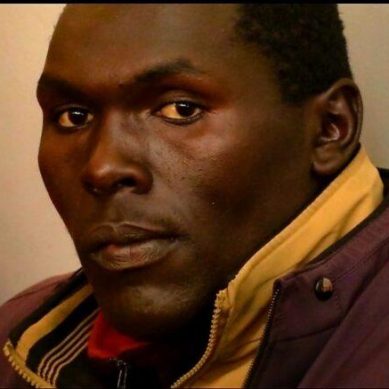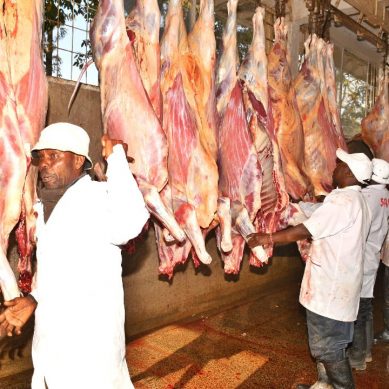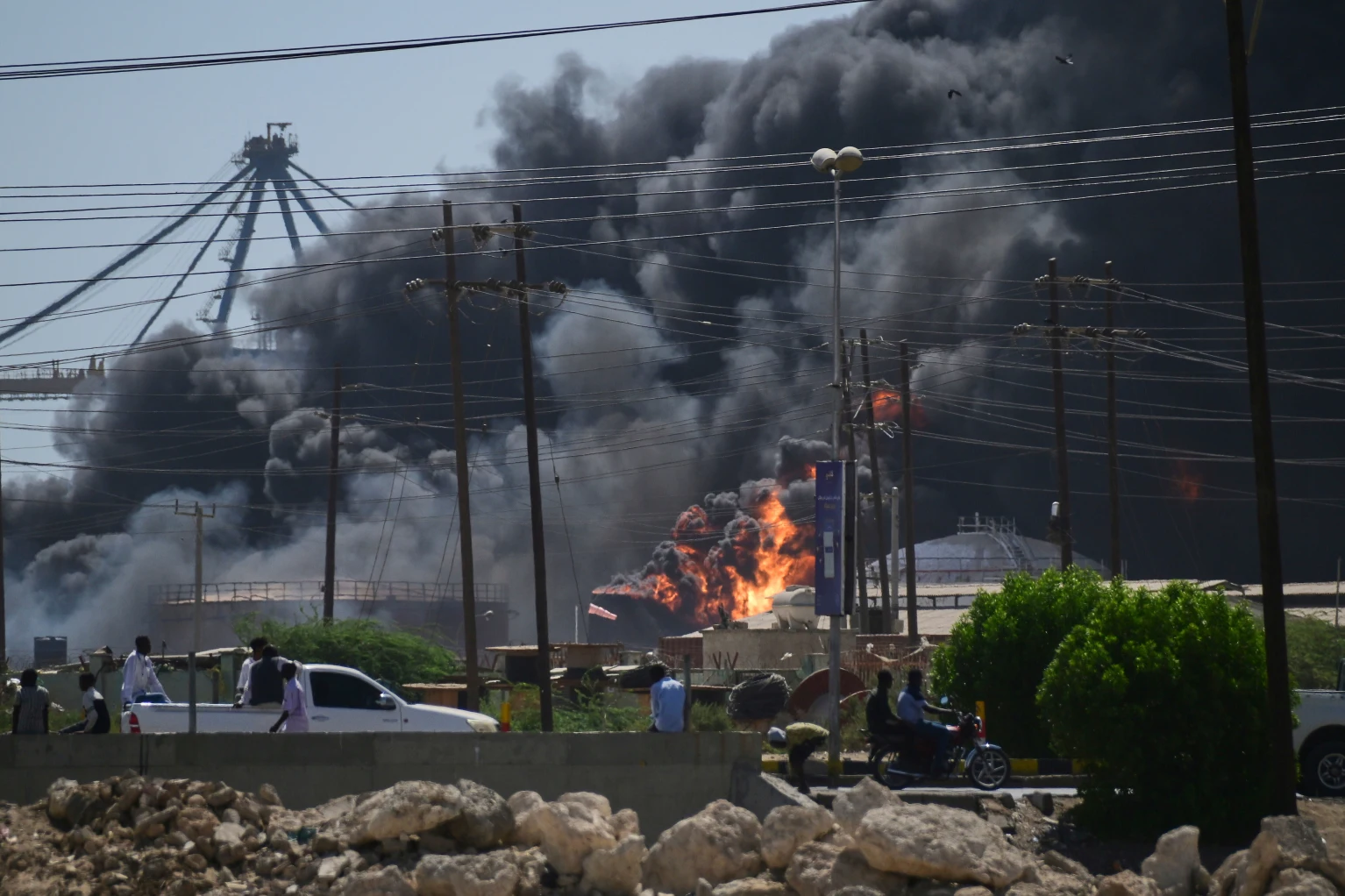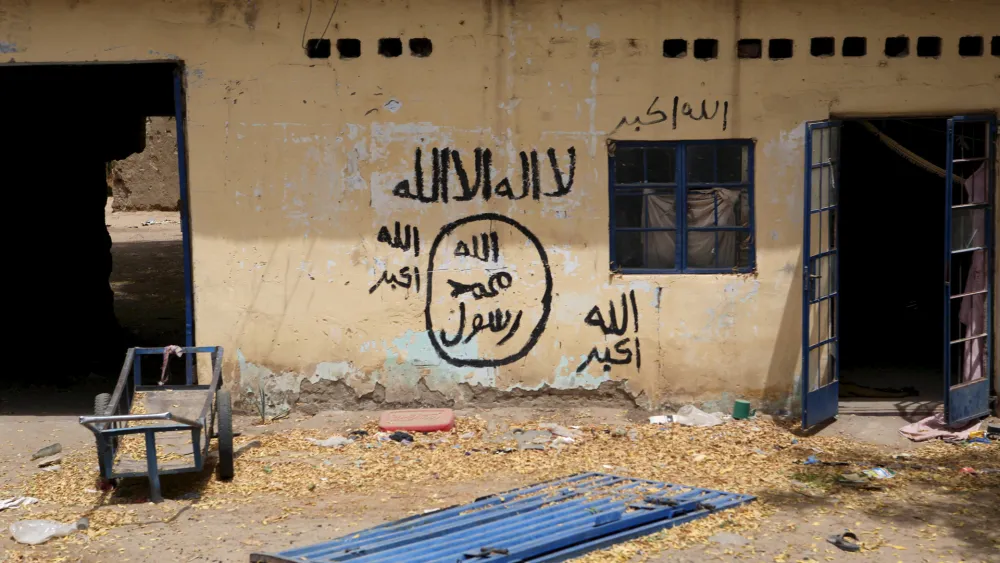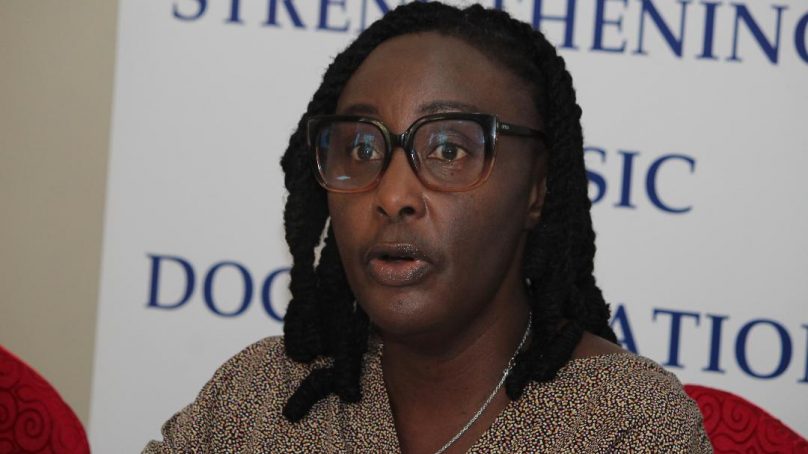
Kenya’s push to strengthen accountability for deaths in custody and allegations of torture has received new momentum following a three-day forensic capacity-building programme, bringing together local and international experts in Nairobi.
The training, led by the International Rehabilitation Council for Torture Victims (IRCT) and the Independent Medico Legal Unit (IMLU), focused on enhancing forensic documentation and investigations in line with international standards, including the Istanbul Protocol and the Minnesota Protocol.
Speaking in Nairobi, IMLU Executive Director Grace Wangechi noted that the initiative comes at a crucial time as the country grapples with rising concerns over deaths occurring in police custody and during protests.
Wangechi revealed that the organisation had conducted over 80 autopsies this year, confirming 59 deaths linked to protests and 17 custodial deaths.
“Autopsies are expensive, but they are essential for truth, accountability and closure,” she said. “Families come to us seeking answers. They want to know why their loved ones died and they deserve evidence-based answers,” she added.
Wangechi observed that despite consistent media reports and public concern, Kenya’s forensic capacity and mortuary infrastructure remain insufficient.
“We have funeral homes without equipment and regions where no pathologists. Families are forced to wait for days or weeks for post-mortem examinations. This is not just a logistical issue, it’s a justice issue,” she reported.
Further, the director said the operationalisation of the National Coroners Service Act is long overdue, warning that continued delays undermine impartial investigations into suspicious deaths.
“Investigations remain under police and state pathologists, which undermines independence. We need the Coroner General’s Office operationalised and adequately funded. We’ve engaged the Attorney-General’s Office and we hope the government prioritises this,” she implored and called the Act’s implementation as an immediate need and top priority.
Concurrently, the IRCT Istanbul Protocol Programme Coordinator James Lin who was also present said that the training aims to raise the standard of medico-legal examinations in the country to ensure transparency and justice for affected families.
“The only way to ensure accountability is by applying the most comprehensive, science-based forensic approaches,” he advised. “We are here to support IMLU, to strengthen its network and ensure that death investigations are credible, transparent and aligned with global best practice.”
He underscored that forensic investigations grounded in scientific rigor offer stronger paths to justice, insisting that this is not only about testimony or allegations, but about evidence, science and truth,
The UN Sub-Committee on Prevention of Torture Member and Head of Forensic Medicine at the University of Belgrade, Dr Djordje Alempijevic, echoed the need for elevated forensic standards drawn g from global experience.
Alempijevic observed that the struggle for accountability in custodial deaths is not unique to Kenya and therefore, requires scientific rigor to overcome mistrust between citizens and authorities.
“Forensic medicine exists to help societies confront uncomfortable truths and pursue justice. Truth enables reconciliation and closure. What is seen in an autopsy room must be documented in a way that any qualified expert elsewhere can reproduce and validate,” Dr Alempijevic established.
In addition, he also noted that Kenya’s forensic documentation lags below international standards but expressed confidence that ongoing capacity-building efforts will close the gap. Dr Alempijevic explained that proper forensic work protects both victims and state officers.
“If someone dies of natural causes in custody or during a protest, the evidence will show that. But if someone is harmed due to mistreatment or unlawful force, strong documentation ensures accountability and prevents recurrence,” he expounded.
The experts stressed that forensic documentation plays a crucial role in building institutional trust and addressing impunity.
As well, the programme forms part of broader justice-sector reforms championed by civil society under the Police Reforms Working Group and supported in recommendations from Kenya’s Universal Periodic Review at the United Nations earlier this year.
Wangechi noted that scientific evidence is central to accountability by noting that forensics transforms pain into proof and evidence into justice and each death in custody, must not be seen as a statistic, but as a call to action.
She urged the government to adequately fund forensic services, stressing that a functioning corona system would ensure families receive timely information and that investigations meet global standards.
Meanwhile, as Kenya continues to record deaths linked to protests and detention, stakeholders agreed that improved forensic capacity and full legal implementation are essential to safeguarding human rights.
They called for stronger collaboration between pathologists, lawyers and justice agencies to ensure evidence-based accountability.
- A Tell Media / KNA report / By Mary Ndanu
